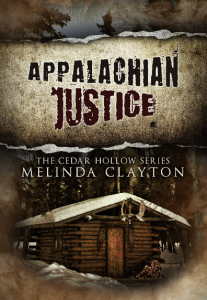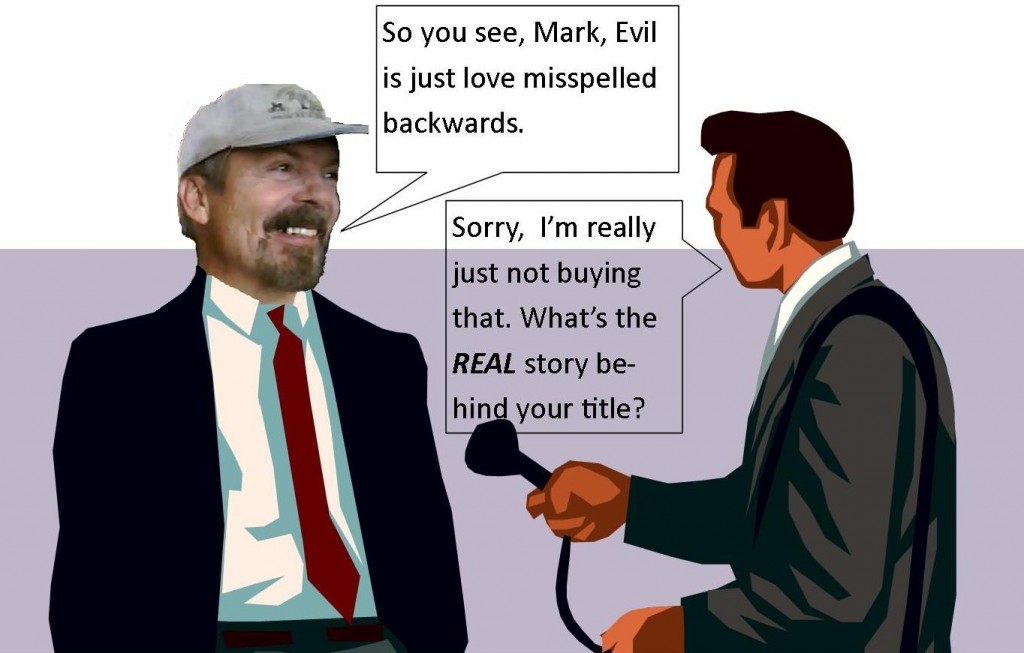 Voting for the Indies Unlimited Excellence Awards has concluded. We’d like to thank everyone for vigorous participation. The votes constitute an important part of the process, but do not exclusively determine the winner. To balance the votes and prevent the awards from becoming an outright “popularity contest,” we used the Alexa rankings of the finalists in the final calculation. Alexa is is the leading web traffic ranking service, and we regard it as an impartial standard.
Voting for the Indies Unlimited Excellence Awards has concluded. We’d like to thank everyone for vigorous participation. The votes constitute an important part of the process, but do not exclusively determine the winner. To balance the votes and prevent the awards from becoming an outright “popularity contest,” we used the Alexa rankings of the finalists in the final calculation. Alexa is is the leading web traffic ranking service, and we regard it as an impartial standard.
The total votes received by each finalist by the close of the polls was divided by each candidate’s Alexa ranking. The rankings used were those recorded for each site on the morning of February 6, 2014.
This methodology was chosen for several reasons. First, while it gives significant weight to the Alexa ranking, it does not allow a site (even with an excellent rating) to win without getting votes. Second, of the various methodologies we tested on dummy data, this was the only one that did not produce ties. It also removes any potential elements of favoritism.
Both the winners and the finalists exemplify the very spirit of the indie community. We are pleased to present the recipients of the 2013 Indies Unlimited Excellence Awards.


 Depression-era West Virginia was hard; no one knew that better than Billy May Platte. Orphaned at fourteen, she survived on the kindness of the residents of Cedar Hollow.
Depression-era West Virginia was hard; no one knew that better than Billy May Platte. Orphaned at fourteen, she survived on the kindness of the residents of Cedar Hollow.